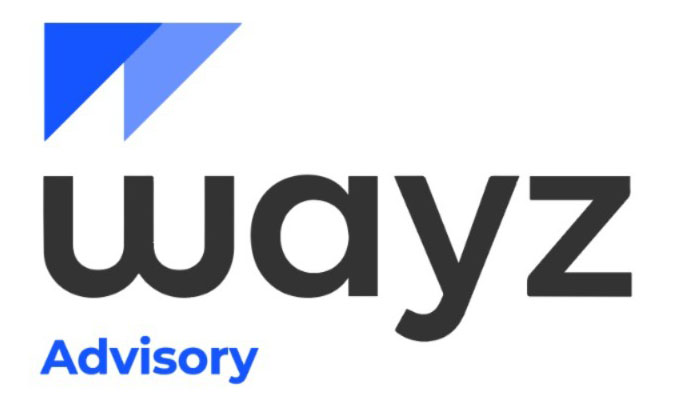In the UAE, you can choose from various business structures. A mainland company allows you to operate throughout the UAE and internationally, making it suitable for various business activities and government contracts. A free zone company operates within a specific free zone and internationally, offering benefits like 100% foreign ownership and tax exemptions. An offshore company is primarily used for international trade and asset protection and cannot conduct business directly within the UAE but provides confidentiality and tax benefits. Additionally, a branch office is a branch of an existing foreign company that operates under the parent company’s name but can conduct business in the UAE.
Setting up a business in Dubai involves several steps. First, you need to choose your business activity to determine the appropriate license and structure. Next, select a business name that complies with Dubai’s naming conventions and register it. Obtain initial approval from the Department of Economic Development (DED), then prepare and submit the required documents, such as a Memorandum of Association (MOA) and tenancy contract. After receiving initial approval, apply for the relevant business license, register with the necessary authorities, and complete visa processing for investors and employees.
Dubai offers several types of business licenses to cater to different needs. A commercial license is for trading and retail activities. A professional license is intended for service-oriented businesses such as consulting, legal, and medical services. An industrial license is for manufacturing and industrial activities, while a tourism license is suited for travel agencies, tour operators, and hospitality-related businesses.
The time required to set up a business in Dubai depends on the type of business and the completeness of your documentation. Typically, the process takes about 2 to 4 weeks for a mainland or free zone company. This timeframe includes obtaining approvals, registering the company, and processing visas.
For mainland companies, you must lease a physical office space, with requirements varying based on the type of business and the number of employees. Free zone companies need to have a registered office within their free zone, which can range from shared workspaces to private offices. The size and type of office depend on the business license and visa quota.
Setting up a business in Dubai requires applying for investor and employee visas. The number of visas you can sponsor depends on your office size and business activity. Required documents include passport copies, photographs, medical tests, and completed visa application forms. Family visas are also available if you meet the salary and residency criteria.
Ongoing compliance for businesses in Dubai includes renewing your business license annually, maintaining accurate financial records, and adhering to UAE labor laws. Businesses must also manage visa renewals for employees, file annual tax returns if applicable, and comply with any sector-specific regulations.
Dubai offers a strategic location, world-class infrastructure, a favorable tax environment, and a strong business ecosystem. It provides access to international markets, a diverse talent pool, and numerous free zone options. The city is known for its business-friendly policies, ease of doing business, and vibrant economy.
A business setup consultant provides expert guidance throughout the process, helping you choose the right business structure, navigate legal requirements, prepare and submit documents, and ensure compliance with local regulations. They streamline the setup process, saving you time and effort, and offer ongoing support for business operations.
A business setup consultant plays a crucial role in navigating Dubai’s regulatory environment. They have in-depth knowledge of local laws and regulations, which helps in ensuring that all aspects of your business setup are compliant. Consultants assist with selecting the appropriate business structure, preparing and submitting necessary documents, obtaining required approvals, and handling interactions with government authorities. Their expertise helps avoid common pitfalls, reduces processing times, and ensures that your business setup process is smooth and efficient.









